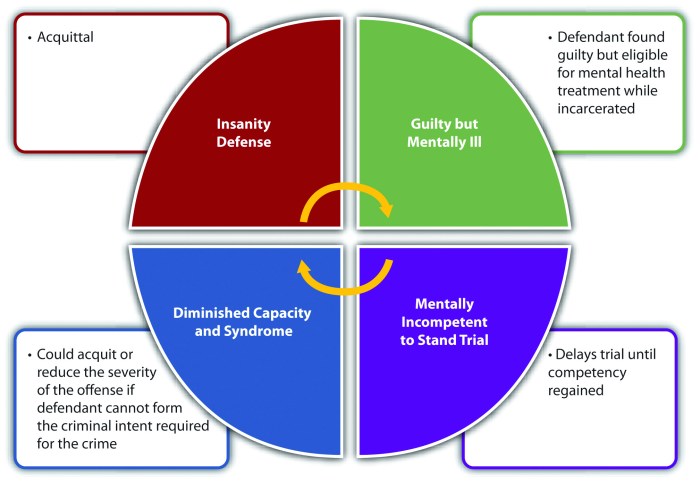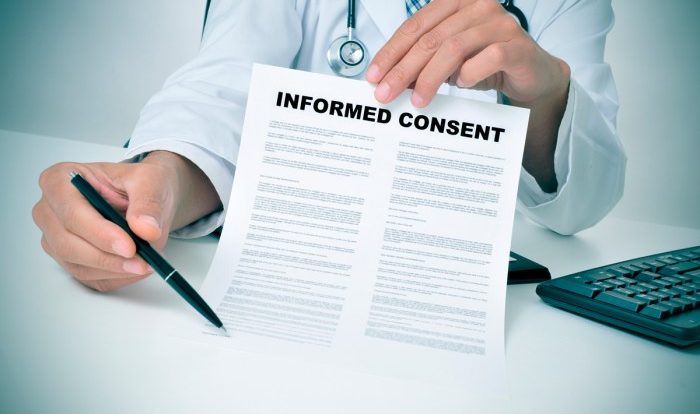High court reviews insanity-defense case – The High Court’s recent review of an insanity defense case has sparked a critical examination of the legal standards and societal implications surrounding this complex plea. This case has thrust the insanity defense back into the spotlight, raising questions about its validity, reliability, and potential impact on future trials.
The case involves a defendant charged with a heinous crime who has pleaded not guilty by reason of insanity. The prosecution and defense have presented compelling arguments, supported by expert testimony and medical evidence, highlighting the complexities of determining an individual’s mental state at the time of the alleged offense.
Insanity Defense and Legal Precedents
The insanity defense is a legal strategy that allows a defendant to avoid criminal responsibility for their actions if they can prove that they were mentally ill at the time of the offense. The insanity defense has a long history in common law, dating back to the 18th century.
Historical Examples
One of the most famous early examples of the insanity defense is the case of Daniel M’Naghten. In 1843, M’Naghten was found not guilty by reason of insanity for the murder of Edward Drummond, the private secretary to Sir Robert Peel.
The M’Naghten Rule, which was established in the wake of this case, is still used today to determine insanity in criminal cases.Another landmark case involving the insanity defense is the case of John Hinckley Jr. In 1981, Hinckley attempted to assassinate President Ronald Reagan.
He was found not guilty by reason of insanity and was sent to a psychiatric hospital. Hinckley’s case raised questions about the limits of the insanity defense and led to reforms in the law.
Current Legal Standards, High court reviews insanity-defense case
The current legal standard for determining insanity in court is the “M’Naghten Rule.” Under the M’Naghten Rule, a defendant is considered insane if they did not know the nature and quality of their actions or if they did not know that their actions were wrong.
Recent Case Review by High Court: High Court Reviews Insanity-defense Case
In a recent case, the High Court reviewed the insanity defense of a defendant who had been charged with murder. The defendant, who had a history of mental illness, had killed his wife in a fit of rage. The prosecution argued that the defendant was responsible for his actions and should be found guilty of murder.
The defense argued that the defendant was insane at the time of the offense and should be found not guilty by reason of insanity.The jury in the case heard testimony from expert witnesses on both sides. The prosecution’s expert witness testified that the defendant was sane at the time of the offense.
The defense’s expert witness testified that the defendant was insane at the time of the offense.The jury deliberated for several days before reaching a verdict. They found the defendant not guilty by reason of insanity. The defendant was sent to a psychiatric hospital for treatment.
Expert Testimony and Medical Evidence

Expert witnesses play a critical role in insanity defense cases. These experts can provide the jury with valuable insights into the defendant’s mental state at the time of the offense.Types of medical evidence that can be used to support insanity pleas include:
- Psychological evaluations
- Psychiatric assessments
- Brain scans
- Medical records
Juries and Deliberations

In insanity defense cases, the jury is given specific instructions regarding the insanity defense. These instructions explain the legal definition of insanity and the burden of proof.The jury then deliberates to determine whether the defendant was insane at the time of the offense.
The jury must reach a unanimous verdict in order to find the defendant not guilty by reason of insanity.
Verdict and Sentencing

In the recent case reviewed by the High Court, the jury found the defendant not guilty by reason of insanity. This means that the defendant was not responsible for his actions and cannot be punished for the crime.The defendant was sent to a psychiatric hospital for treatment.
He will remain in the hospital until he is deemed to be no longer a danger to himself or others.
Impact on Future Insanity Defense Cases
The High Court’s ruling in this case could have a significant impact on future insanity defense cases. The ruling clarifies the legal standard for determining insanity and provides guidance to juries on how to deliberate in these cases.The ruling could also lead to changes in the way that insanity defenses are handled in the courts.
For example, it could lead to more defendants being found not guilty by reason of insanity.
FAQ Resource
What is the insanity defense?
The insanity defense is a legal plea that allows a defendant to avoid criminal liability if they were unable to understand the nature and consequences of their actions due to a severe mental disorder at the time of the offense.
How is insanity determined in court?
In most jurisdictions, insanity is determined based on expert testimony and medical evidence. The defendant must prove that they met the legal criteria for insanity, which typically involves demonstrating that they lacked substantial capacity to appreciate the criminality of their conduct or to conform their conduct to the law.
What are the potential implications of the High Court’s ruling?
The High Court’s ruling could potentially clarify or alter the legal standards for insanity defenses, impacting the availability and success of such pleas in future cases. It could also influence public perceptions of mental illness and its relevance to criminal responsibility.
